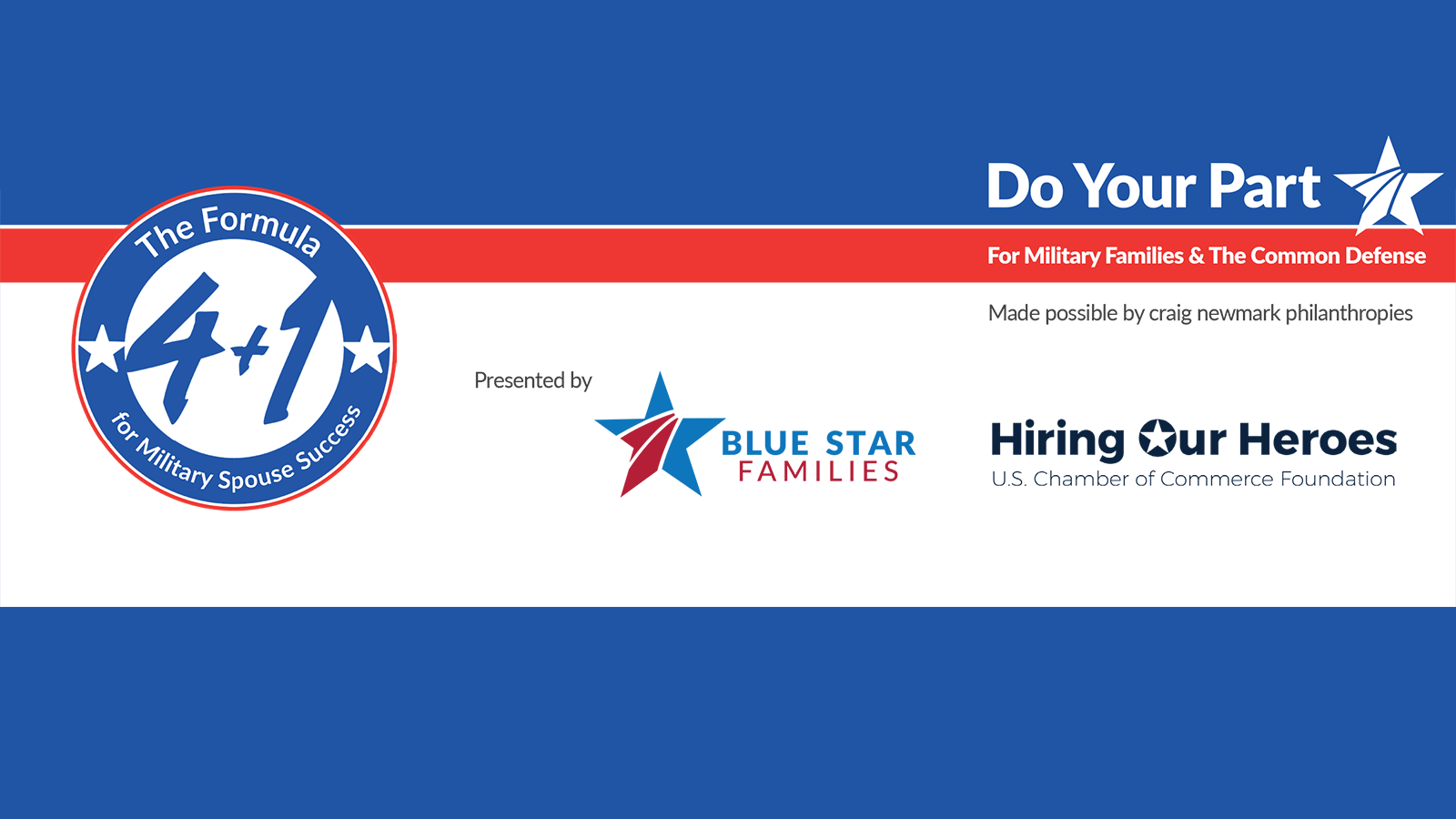Job description keywords are arguably the most important facet of writing job descriptions and a huge part of your overall recruitment marketing strategy. Imagine spending hours perfecting the language and creating a truly awesome job description, but then you get few applications, and the ones that do trickle in are not exactly ideal.
If that’s happening to you, chances are pretty good that you didn’t include the keywords that your targeted candidates are using to search for jobs.
Fishing Without The Bait
Think of job description keywords as the bait that you use to fish for candidates on the internet:
1. Job seekers search for jobs that fall within the job title they want or skills that they possess using specific words and phrases (keywords).
2. Whether it’s a job board or search engine, the search results returned will contain those keywords.
3. The job seeker then reads through the search results and decides which jobs to apply for based on the job description, benefits, employer brand, etc.
If your job description isn’t one of the jobs returned in the search engine results, then how will your target candidates know that you have an open position? Without keywords, candidates won’t be able to find you and won’t be able to apply.
Writing job descriptions without job description keywords is like fishing without the bait.
Which Job Description Keywords Should You Use?
Most recruiters already understand the importance of keywords when writing job descriptions. The problem for most is being able to determine which keywords to use for each open position. For example, your job description may outline necessary skills using specific job description keywords, while candidates use only generic search terms to find open positions.
Another problem is the job title itself because there are many industries that don’t have standardized titles for specific functions. While your organization may be looking for a “Marketing Program Specialist” because that’s what your organization likes to call it, the actual job description might read more like a “Marketing Manager”, “Marketing Specialist”, “Marketing Coordinator”, or “Marketing Project Manager.” In this case, it could even be a sales position selling marketing products.
You see the problem here — What title do you attach to your open position to get the most qualified applicants?
Obviously you want your job posting to stand out from the crowd, but you can’t do that if the wrong job seekers are finding you or you’re job appears on page 30 of the search results.
So how can you find the RIGHT job description keywords?
Finding the Right Keywords
Writing keyword rich job descriptions can take a little bit of effort, but it always starts with keyword research. Below are the steps for doing keyword research to find your job description keywords.
1. Start by writing the job description.
Start by creating a great job description, and write it the way you would write it if keywords didn’t matter. This will be the basis for your keyword research and make the skills you’re looking for in an ideal candidate clear.
2. Do keyword research.
There are lots of ways that you can accomplish keyword research, but the best way is to approach it like a marketer. After all, you ARE marketing for candidates.
1. Start your research by looking at the job description that you just wrote and highlight the phrases or particular words that are relevant to the position. After you complete your research, you’ll need to decide if these are the best words or phrases to use.
2. Make a list of terms that you think job seekers might use to find the position corresponding to your job description.
The image above is the word cloud produced by this document.
3. Take a look at competitor listings for similar jobs and make a list of the keywords that they use. You can make this super easy by pasting in a competitor’s job description into an online word cloud generator. Once you get the word cloud, you can see the most prominent words (which are probably keywords) because they are the largest in the cloud. Here’s a couple of great places to do that:
https://www.jasondavies.com/wordcloud/
https://worditout.com/word-cloud/create
4. Use a keyword research tool to get additional keywords and find out the popularity of the keywords you have on the list you’ve been building. Ideally, you’re looking for keywords that get a lot of searches and have low competition. Google AdWords has a free keyword tool that will give you this information, or you can use a paid tool.
5. Choose the best keywords for your job description. Remember, you’re looking for keywords that are relevant to your job posting, but you should also choose keywords and phrases that are very specific. Instead of using a general term like “Account Executive”, you should be more specific like “Digital Marketing Sales” or “Digital Advertising Account Executive.” Here are some other types of keywords you should consider:
- Company-specific terms: Any keywords or phrases related to your company, brand or product that the organization uses in marketing and job seekers would be familiar with.
- Industry specific terms
- Your location
- Job title abbreviations
- Special certifications
6. Once you’ve got a nice list of keywords, you’ll need to choose 3-5 of the best keywords that match both the position, and the likelihood of being searched by job seekers. Choose 1-2 primary keywords and 2-4 secondary keywords. Trying to use more than 5 keywords can hurt your search engine results, so try to stick to 3-5. Let’s take a look at how you’ll incorporation your keywords into your job description.
Choose Your Job Title
When writing job descriptions, your job title is the most important part of your job posting. Obviously, the job title tells people what kind of talent you’re looking for, but there are several reasons that the title is important from a search engine perspective. Search engines use algorithms that assign weight (or take it away) from words used in specific ways on a page. You want to place your keywords in the job description in such a way that the algorithm pushes your job description to the top of the search engine results.
Here’s why using your primary keywords in your job title are important:
- Many job boards put the job title in an < H1 > or < H2 > tag. That serves as a signal to search engines that the words within those two types of tags are the most significant and they’ll treat any words in those tags as if they are keywords and give them more weight in algorithms.
- Job titles usually appear in the < TITLE > tag. As with the < H1 > tag, search engines weigh the words in the title more heavily to determine keywords for the listing. The title is displayed in two places:
- In the top bar of internet browsers.
- Within search engine results.
- If your job title appears in the text of the description a couple of times, that helps search engines to understand that those words are important when they look at the pages as a whole.
- Hyperlink your keywords. Many job boards hyperlink the title, but you can also do this yourself when you post the description. Hyperlinked keywords are positively weighted in search algorithms. Try to make the hyperlink link back to the job description itself or the listing on your career site if possible. If the page you link to also uses that keyword, then it pumps you up in search engines even more.
Be aware that you can use more than one keyword in your job title. Following the marketing examples above for “Digital Advertising Account Executive”, you could add keywords to that title to give it more impact and clarification. Try “Digital Advertising Account Executive – Spanish Speaking” or “Digital Advertising Account Executive – Part-Time” or “Digital Advertising Account Executive –Commission Only”.
You get the idea.
Keywords in Your Job Description
As with your job title, you’ll need to incorporate the 3-5 keywords that you chose above into your job description. Since you’ve already written the basic job description, this is really just a matter of substituting keywords into the text of the job posting wherever you think appropriate.
This is also where you’ll scrutinize the words you highlighted in step 2 of your keyword research above.
When you start putting keywords (or keyword phrases) into your job description, you’ll need to pay special attention to keyword density. Keyword density is the number of keyword instances divided by the total words within the text of a page.
Don’t panic – No one expects you to count the words in every job description and do the math. There are free tools available on line that will do it all for you. My favorite one is: http://smallseotools.com/keyword-density-checker/
Simply follow the directions and the tool will do the calculation for you.
Here are a couple of things to keep in mind:
- Keyword density of your primary keywords should be between 2% and 3%.
- Keyword density of your secondary keywords should be between 1% and 2%
- Search engines love text, so a longer job description generally ranks better than shorter one. Monster suggests that job descriptions be at least 150 words, but longer is better. Once you add some great employment branding information, 250 words or more should be pretty easy. Keep in mind that the best practice for writing blog posts that rank decently in search engines is 400 words or more — so the idea when writing job descriptions is to make them meaty.
- Some job boards and places you post your job descriptions allow you to use special tags or input keywords separately. Don’t hesitate to use your primary keywords in those places.
Wrapping It All Up
Writing job descriptions that your ideal candidates can find through search engines and job boards can be difficult. After all, you’re competing with hundreds of other job postings for the attention of job seekers. Fortunately, using the right job description keywords will bump you up in search engine results and help top talent find your open positions.
If you don’t use great job description keywords, it’s like fishing for talent without the bait.
Archives
- February 2026
- January 2026
- December 2025
- November 2025
- October 2025
- September 2025
- August 2025
- July 2025
- June 2025
- May 2025
- April 2025
- March 2025
- February 2025
- October 2024
- May 2024
- March 2024
- February 2024
- January 2024
- December 2023
- November 2023
- October 2023
- September 2023
- August 2023
- July 2023
- June 2023
- May 2023
- April 2023
- March 2023
- February 2023
- January 2023
- December 2022
- November 2022
- October 2022
- September 2022
- August 2022
- July 2022
- June 2022
- May 2022
- April 2022
- March 2022
- February 2022
- January 2022
- December 2021
- November 2021
- October 2021
- September 2021
- August 2021
- July 2021
- June 2021
- May 2021
- April 2021
- March 2021
- February 2021
- January 2021
- December 2020
- November 2020
- October 2020
- September 2020
- August 2020
- July 2020
- June 2020
- May 2020
- April 2020
- March 2020
- February 2020
- January 2020
- December 2019
- November 2019
- October 2019
- September 2019
- August 2019
- July 2019
- June 2019
- May 2019
- April 2019
- March 2019
- February 2019
- January 2019
- December 2018
- November 2018
- October 2018
- September 2018
- August 2018
- July 2018
- June 2018
- May 2018
- April 2018
- March 2018
- February 2018
- January 2018
- December 2017
- November 2017
- October 2017
- September 2017
- August 2017
- July 2017
- June 2017
- May 2017
- March 2017
- February 2017
- January 2017
 RSS Feed
RSS Feed




















